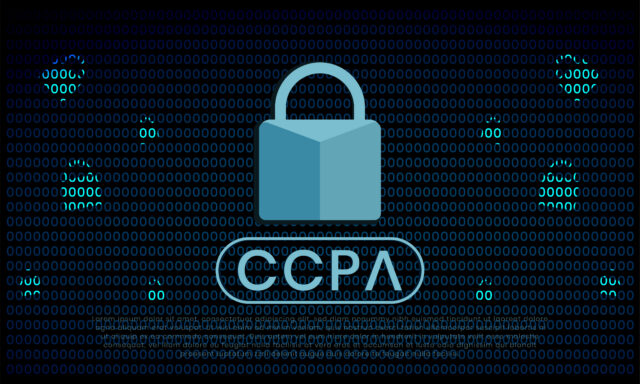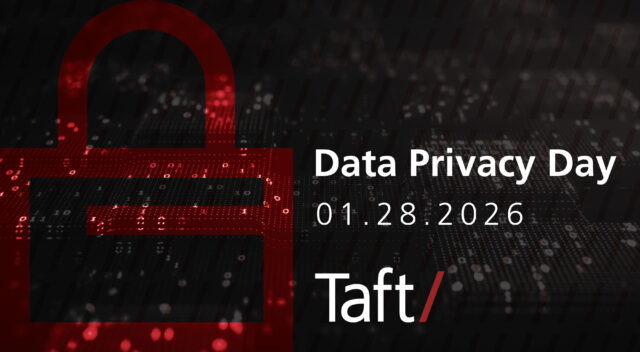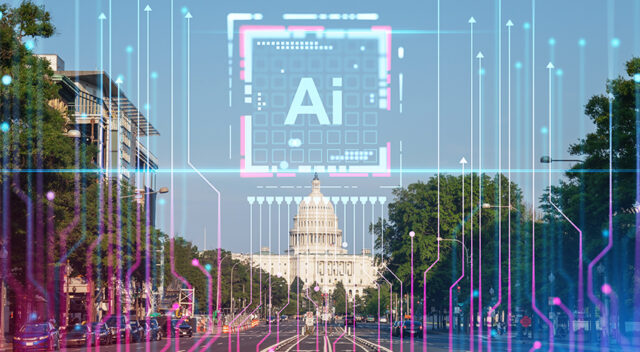
The use of AI in hiring and employment contexts has become a special area of interest for U.S. state legislatures in recent years. Does your business utilize AI solutions for recruiting, hiring, or other HR-related functions? Are these teams planning on implementing such technologies to increase efficiency?
Several states have enacted laws specifically regulating the use of AI in these contexts. Human resources and hiring teams need to ensure that current and planned AI use is understood and that new legal risks are identified and addressed.
Continue Reading The Use of AI in Interviewing, Hiring, and HR















